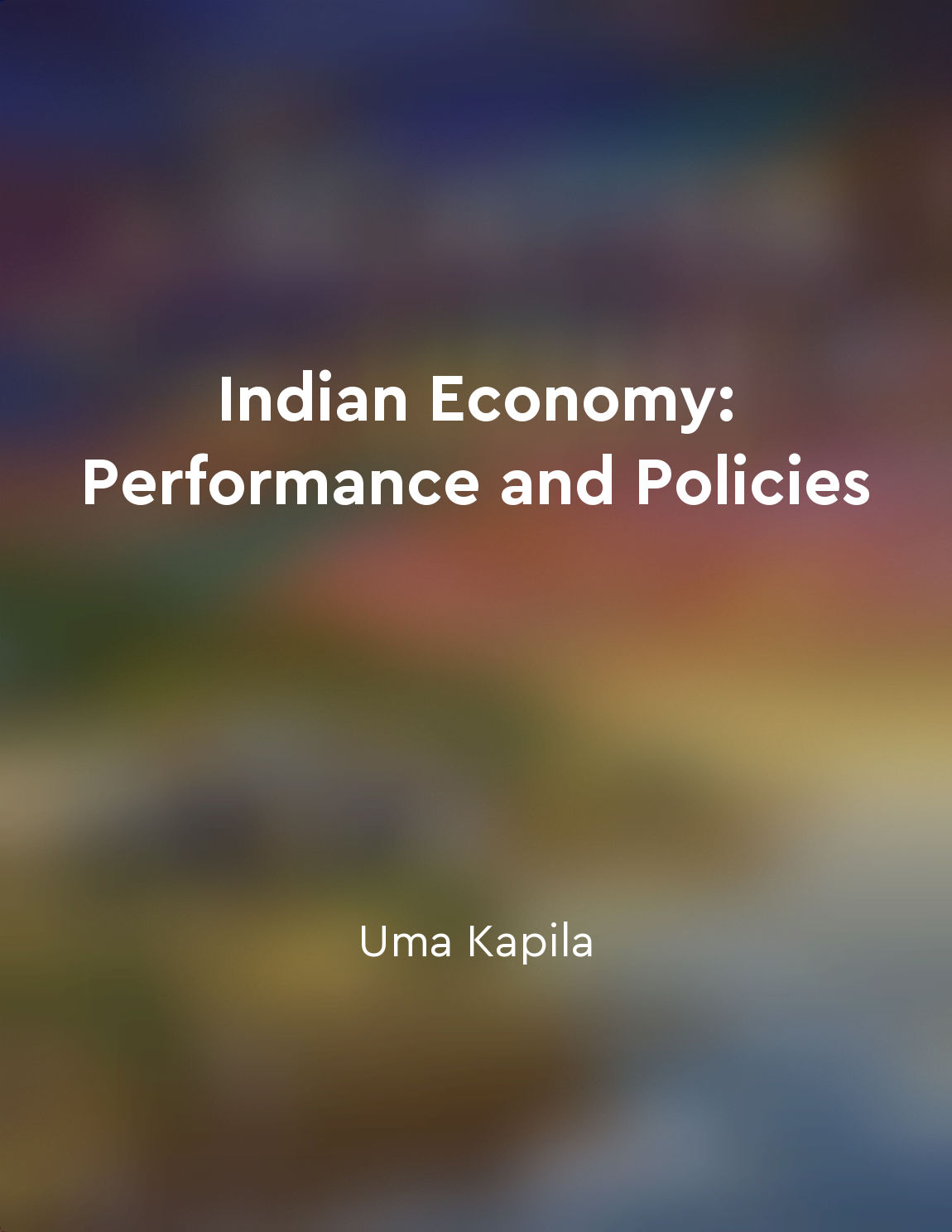Audio available in app
Extractive institutions discourage investment and entrepreneurship from "summary" of Why Nations Fail by Daron Acemoglu,James A. Robinson
Extractive institutions are those that are designed to extract resources from the economy for the benefit of a small elite, rather than to promote economic growth and development. In extractive societies, the political and economic institutions are set up in a way that discourages investment and entrepreneurship. This is because individuals and companies are unlikely to invest in an economy where property rights are not secure, contracts are not enforced, and there is rampant corruption. When property rights are not secure, individuals have little incentive to invest in improving their assets or starting new businesses. Without the confidence that they will be able to reap the benefits of their investments, people are hesitant to take risks. In extractive societies, property rights are often controlled by those in power, who can easily confiscate assets or change the rules to benefit themselves. Similarly, in an environment where contracts are not enforced, individuals are less likely to engage in economic transactions that require trust. If there is no mechanism to ensure that agreements will be honored, people are reluctant to enter into contracts with others. This lack of trust and enforceability hinders economic growth and discourages investment and entrepreneurship. Furthermore, corruption is pervasive in extractive institutions, as those in power use their positions to extract resources for their own benefit. This leads to a misallocation of resources, as investments are made based on political connections rather than economic efficiency. In such an environment, individuals and companies are deterred from investing in productive activities, as they know that success is often determined by political favoritism rather than merit.- Extractive institutions create a hostile environment for investment and entrepreneurship. When property rights are insecure, contracts are unenforceable, and corruption is rampant, individuals are unlikely to take the risks necessary to start businesses or make long-term investments. This perpetuates a cycle of poverty and underdevelopment, as economic opportunities are stifled by extractive institutions.
Similar Posts
Community
Community in 'The Unwinding' is portrayed as a complex and multifaceted entity that shapes the lives of individuals in profound...

Cooperation essential for addressing global challenges
Throughout human history, the world has faced numerous challenges that required cooperation among nations to overcome. From the...
Role of government in regulating economy
In the modern economy, the role of government in regulating economic activities is of utmost importance. Governments play a cru...
Dilapidated infrastructure symbolizes societal neglect
Dilapidated infrastructure is a visible sign of neglect in a society. When bridges crumble, roads are pitted with potholes, and...

Scientific revolutions have transformed the world
The history of humankind is marked by a series of scientific revolutions that have fundamentally transformed the world we live ...
Economic prosperity
Economic prosperity is the foundation upon which the well-being of a nation is built. It is the bedrock of a thriving society, ...

Skill development entrepreneurship youth empowerment
Skill development entrepreneurship youth empowerment is a critical concept in the context of India's economy. In recent years, ...
Writing systems aid in societal organization
Writing systems have played a crucial role in shaping the organization of societies throughout human history. The ability to re...
Foreign aid should not come at the expense of independence
Foreign aid is a vital resource for developing countries, but it should never be accepted at the cost of sacrificing independen...
Multinational corporations exploit resources and labor for profit
The primary function of multinational corporations is to generate profit for their shareholders. In pursuit of this goal, these...

